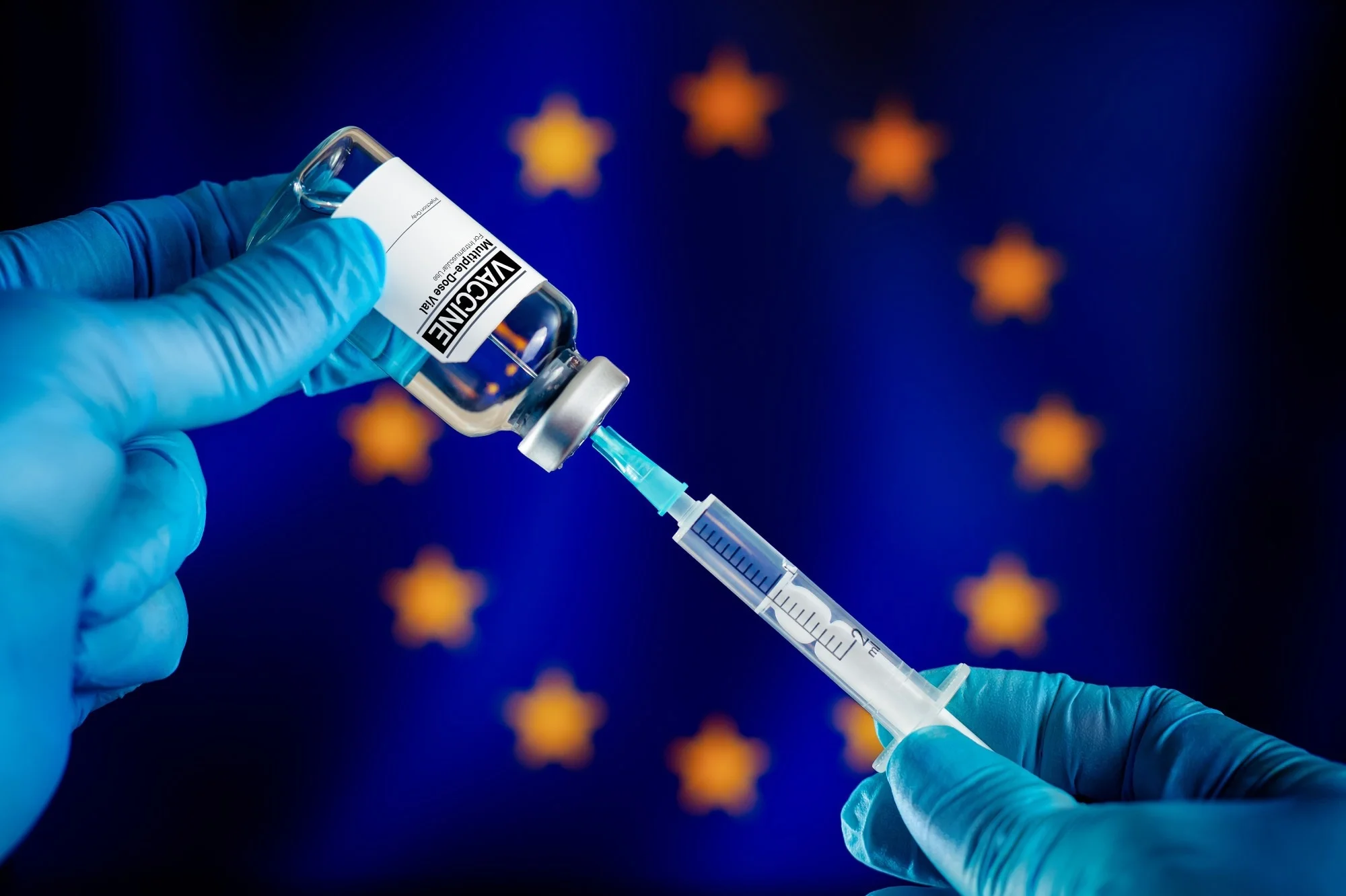A new study has revealed that children aged 5-11 who received two doses of Pfizer’s mRNA COVID-19 vaccine showed elevated levels of IgG4 antibodies one year later, indicating an altered immune system response.
Researchers from the University Medical Center Hamburg-Eppendorf in Germany analyzed blood samples from 14 children at three intervals: before their first dose, one month after, and one year after their second dose.
The findings, published on July 30 in The Pediatric Infectious Disease Journal, indicate that elevated IgG4 levels suggest a shift in the immune response. This effect, previously observed in adults, is reported for the first time in children.
The study emphasizes the need for further research into the long-term implications of IgG4 elevation, as more mRNA vaccines are being developed.
READ ALSO: Study links COVID-19 booster vaccinations to increase in excess deaths
Brian Hooker, Ph.D., from Children’s Health Defense, expressed concerns about the potential link between high IgG4 levels and IgG4-related disease—a condition involving multiple organs and requiring lifelong treatment.
This disease may be autoimmune in nature, potentially triggered by the vaccine. The findings could also relate to systemic sarcoidosis, an inflammatory condition.
Dr. Shiv Pillai from Harvard Medical School acknowledged the increased IgG4 levels but noted that understanding the full impact remains complex.
He suggested that clinical studies might be needed to explore whether adjusting the frequency of mRNA vaccine boosters could mitigate potential risks.

 Entertainment6 days ago
Entertainment6 days ago
 Health1 week ago
Health1 week ago
 Health4 days ago
Health4 days ago
 Football1 week ago
Football1 week ago
 Football1 week ago
Football1 week ago
 Crime4 days ago
Crime4 days ago
 Education6 days ago
Education6 days ago
 Crime1 week ago
Crime1 week ago

